The Pictures
Where you can be honest about what you dream.
From Miami to Austin and London to Liverpool, with Hong Kong and Melbourne too—Dan's work has connected. Most recently, he was awarded Best Writing at The Curzon Cinema in Soho for Read to Me and nominated Best Director at The Screenpower Film Festival for the same film.
Currently, his short film Seine is on the circuit, most recently screening at The Odeon in Worcester. Early in 2025, Murder Song will be released starring Nicholas Anscombe.
Short films are wonderful conveyors of mood. Seine, the latest film to be written and directed by Dan Horrigan, is a strong study of melancholy, or (to be more precise) melancholy punctuated by emotional punches. Described by him as “a mourning film made to remember a person, place, and time in my life that has passed”, it tells the story of a man who loses everything, but finds temporary companionship on the cold streets of the metropolis. Opening with a beautifully semi-monochrome, and touching, image of a recumbent bearded man holding a bunch of flowers, the first words — “I ended up homeless” — perfectly capture the mood, matter-of-fact, but full of feeling. After moving from Scotland to London, the former taxi driver, whose drink problem has resulted in him sleeping rough, finds fleeting friendship with a chance acquaintance whose previous address provides the piece’s title and whose loss pervades the sensibility of the film. It’s a powerful account of addiction and losing your bearings, with a perfect note of redemption at the end. It also features a lovely game of chess and some attractive yet profound writing. What I love most about this truthful story is its darkly brooding aesthetic, a kind of visual monochromatic fullness in which humans swim like fish in the depths of their own emotions. With its characteristic attitude of “They were alive — that’s all that matters”, this is an excellent mixture of melancholy and serenity, beautifully acted by Tim Klotz Davenport and Lee Bane, and filmed for Covert Firmament by Fraser Watson with music by Dom Bouffard. It’s a dream.
© Aleks Sierz
Currently in festival.
All good love stories need a touch of fantasy. I finally had time to catch up with director Dan Horrigan’s short film, Read to Me, which can be described as a crime drama romance, or maybe a romantic crime story, mixing as it does a gothic sensibility with everyday realism. It’s about Rolan, a dyslexic convicted criminal who on his first day in Strangeways receives a letter which he struggles to read. So he turns to Sabina, the prison psychologist, for help. As he does so he tells us, with linguistic flourishes worthy of Edgar Allen Poe, about his chance meeting with Zara, a young mother who has a three-year-old child, and the tarot reading he did for her at the local fair. And its consequences. With its rapid storytelling and moments of magic, this is a short but beautiful watch, with engaging and convincing performances from the cast. Written by Horrigan from a story by Sarah Jennings and himself, it combines imaginative leaps with humorous asides, and stars Christopher Sherwood (Rolan), Rosie Steel (Zara), and Nathalia Campbell Smith (Sabina). Louis Jordan plays the villainous Carl. Music by Franc Cinelli. This brief study of sacrifice, fear and love is well worth a watch.
© Aleks Sierz
https://2ndfrombottom.wordpress.com/2023/09/03/read-to-me-punched-theatre-review/
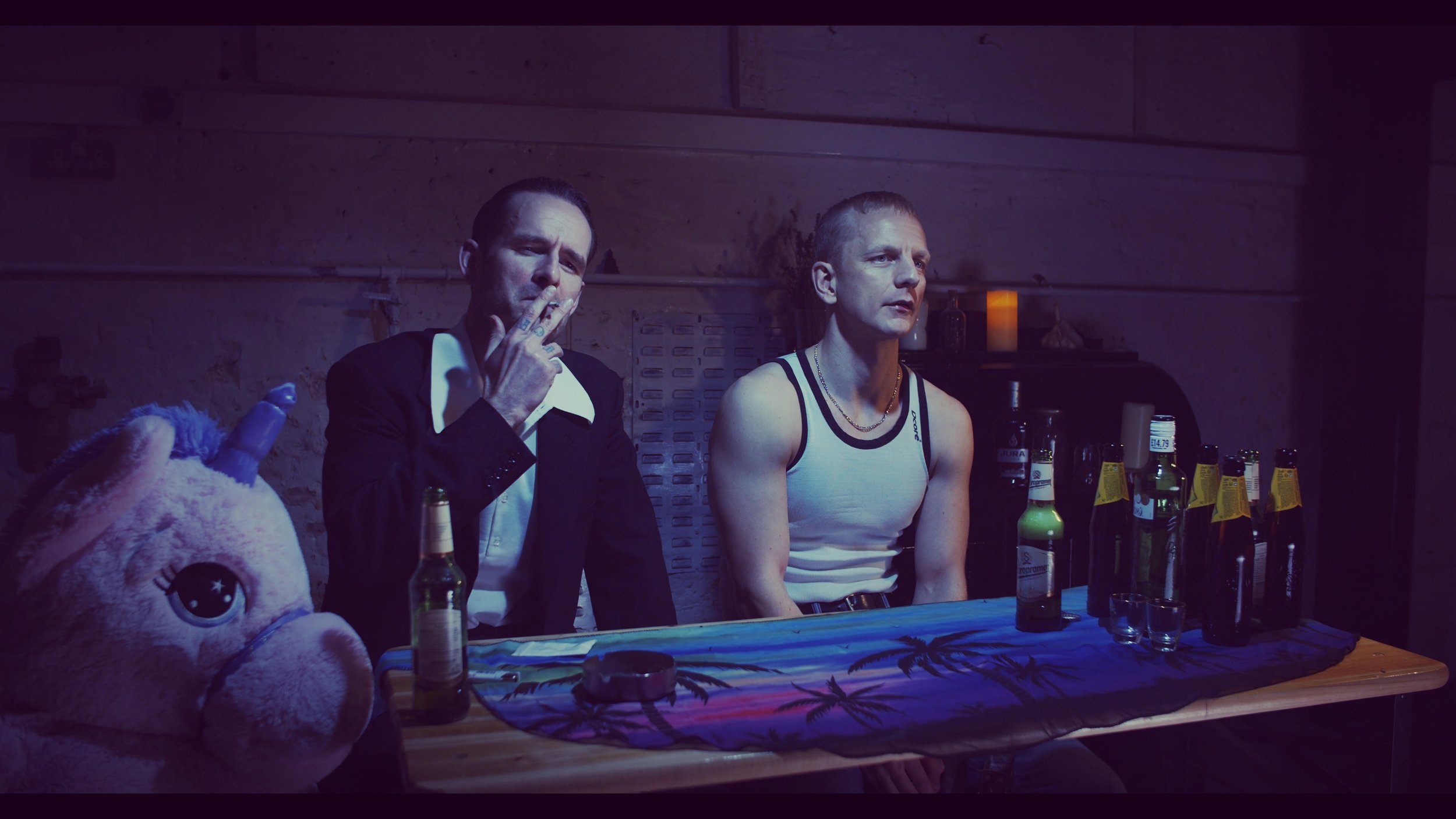
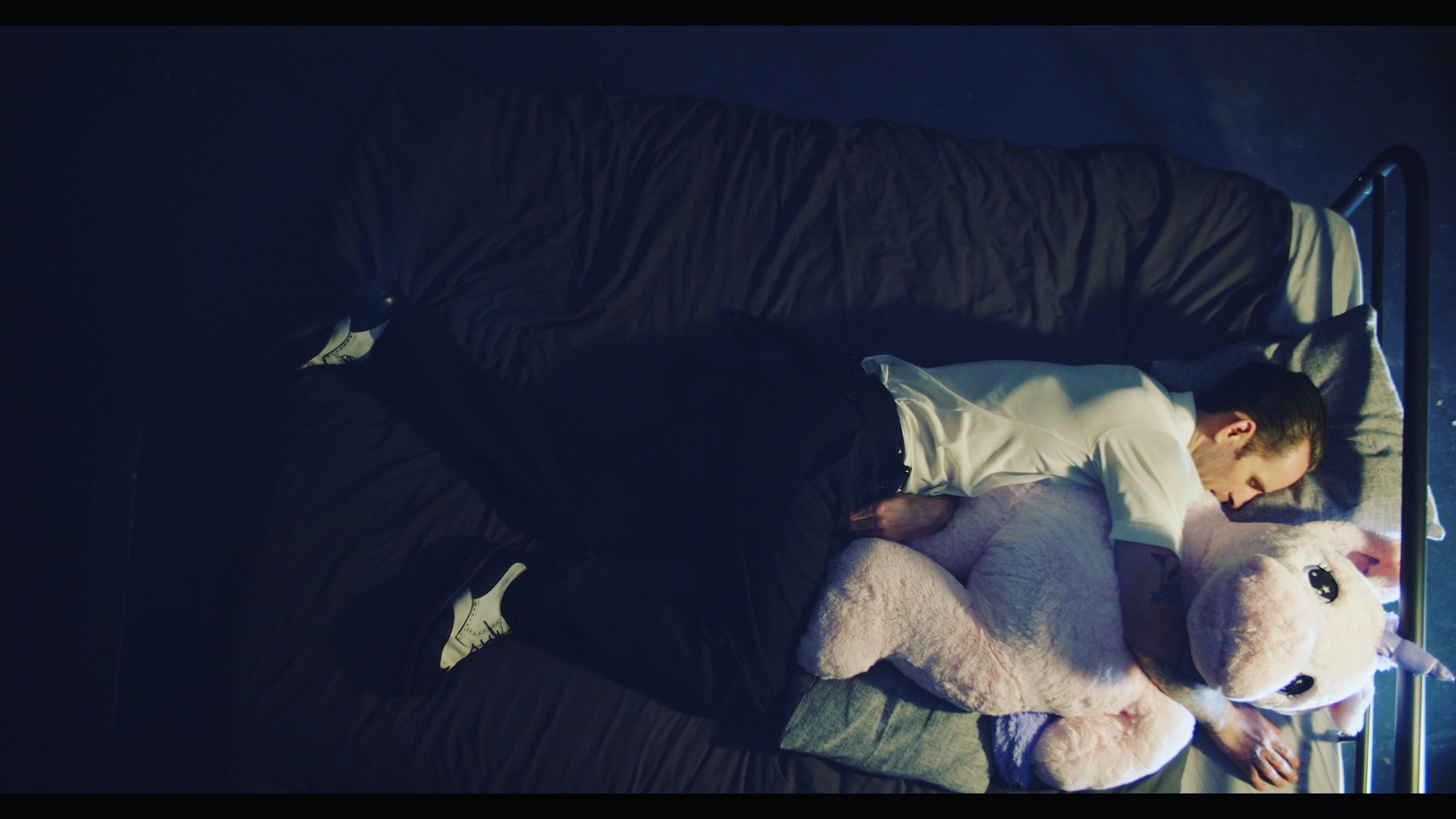
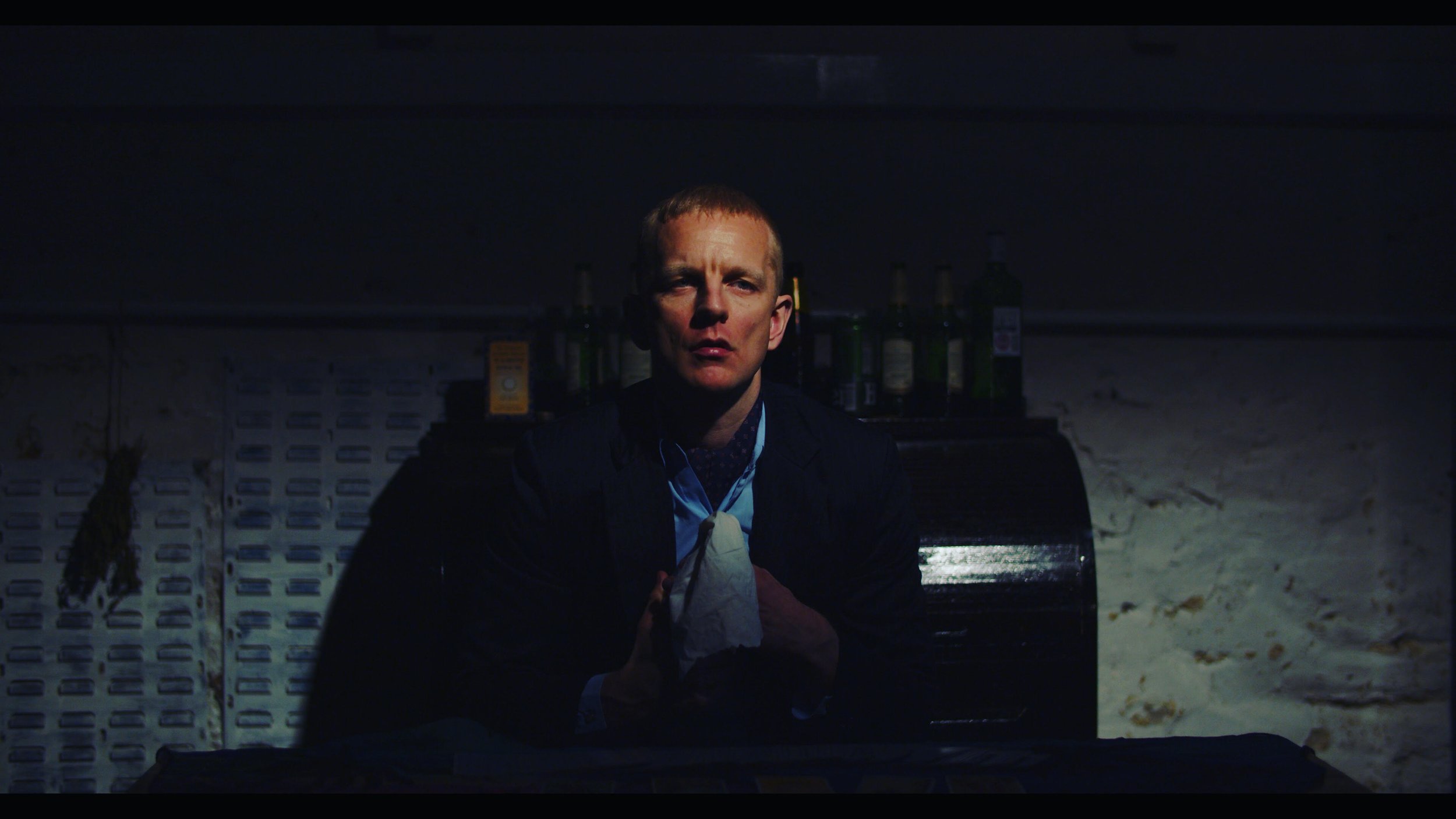


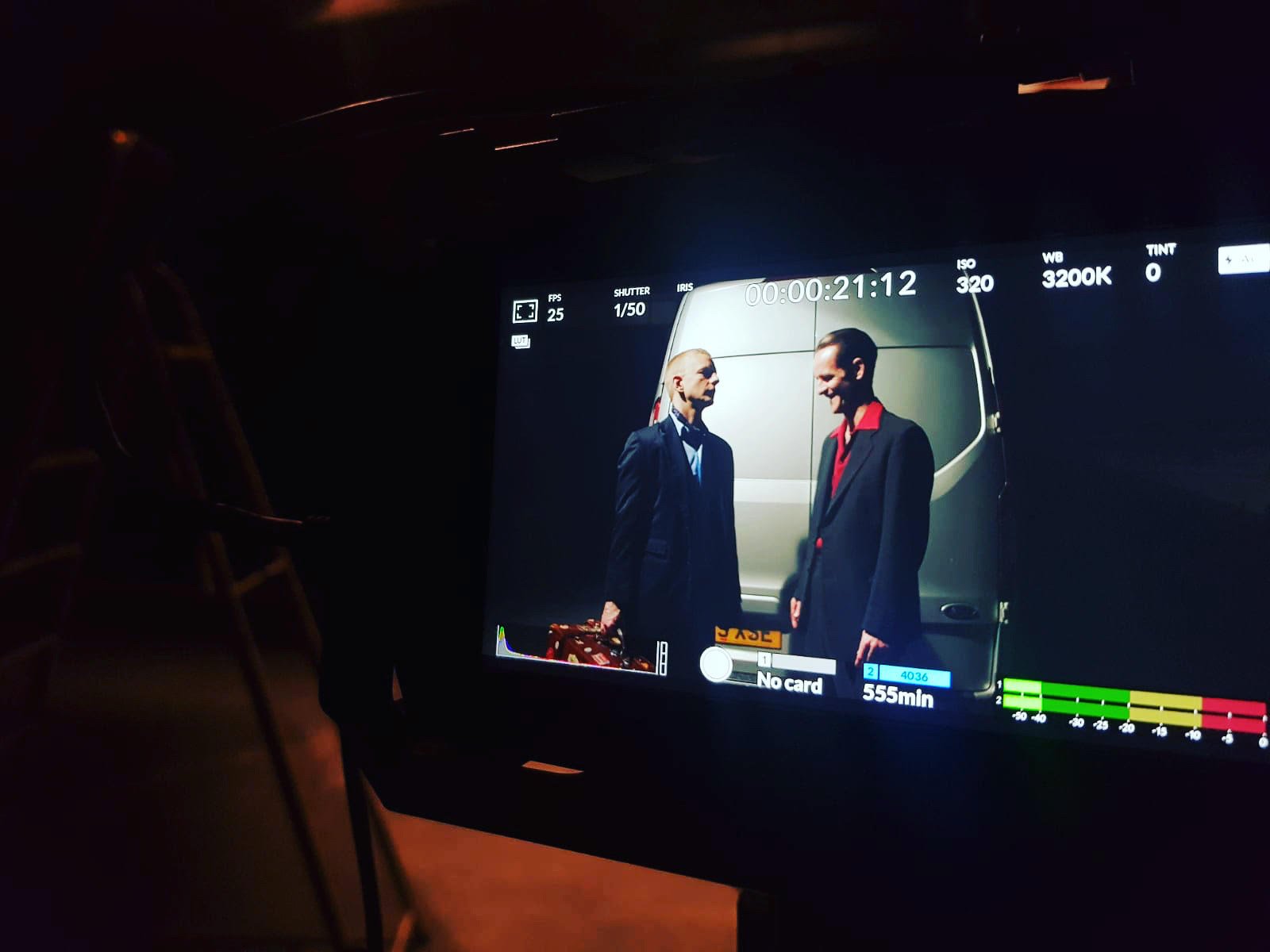
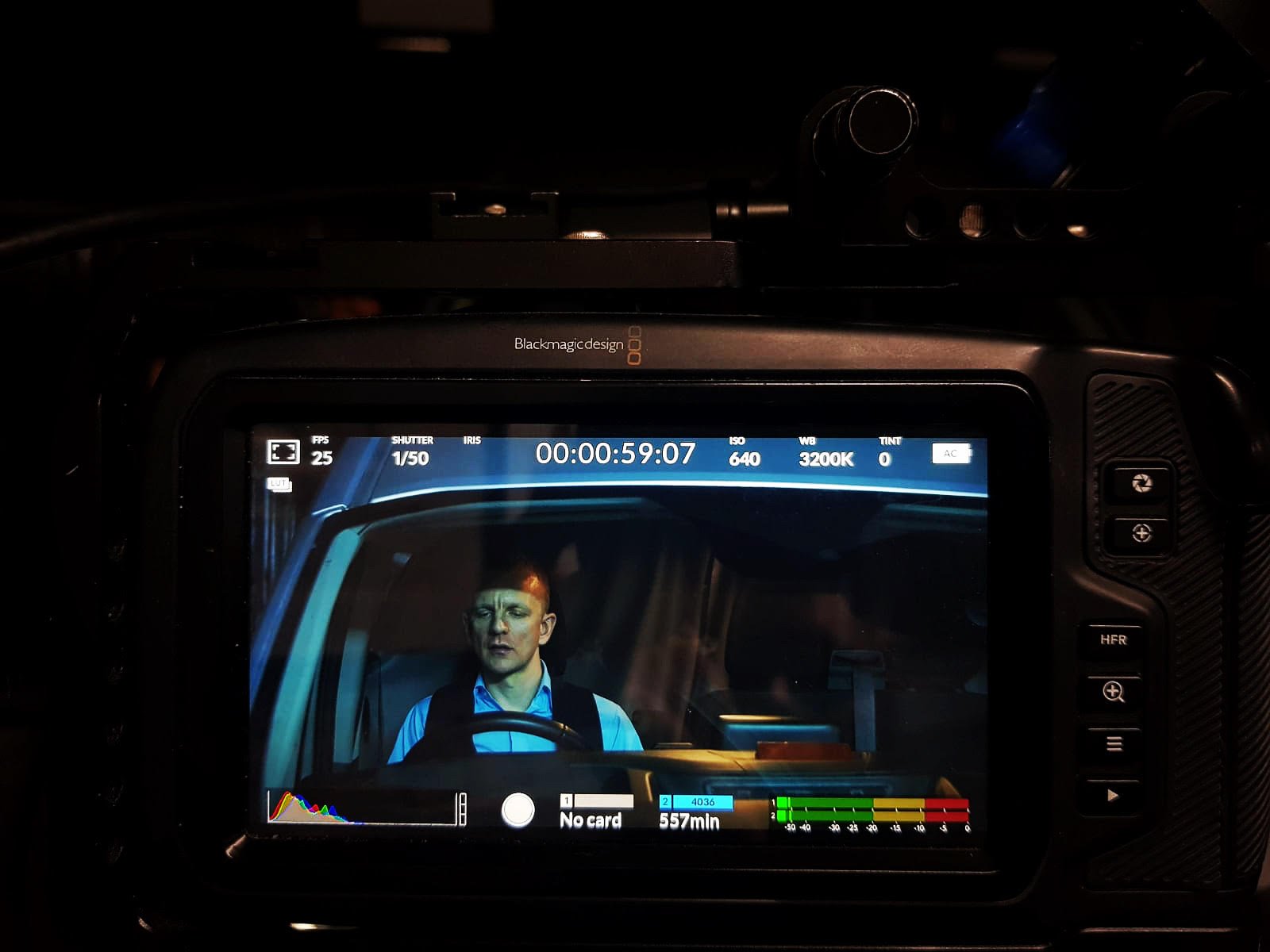
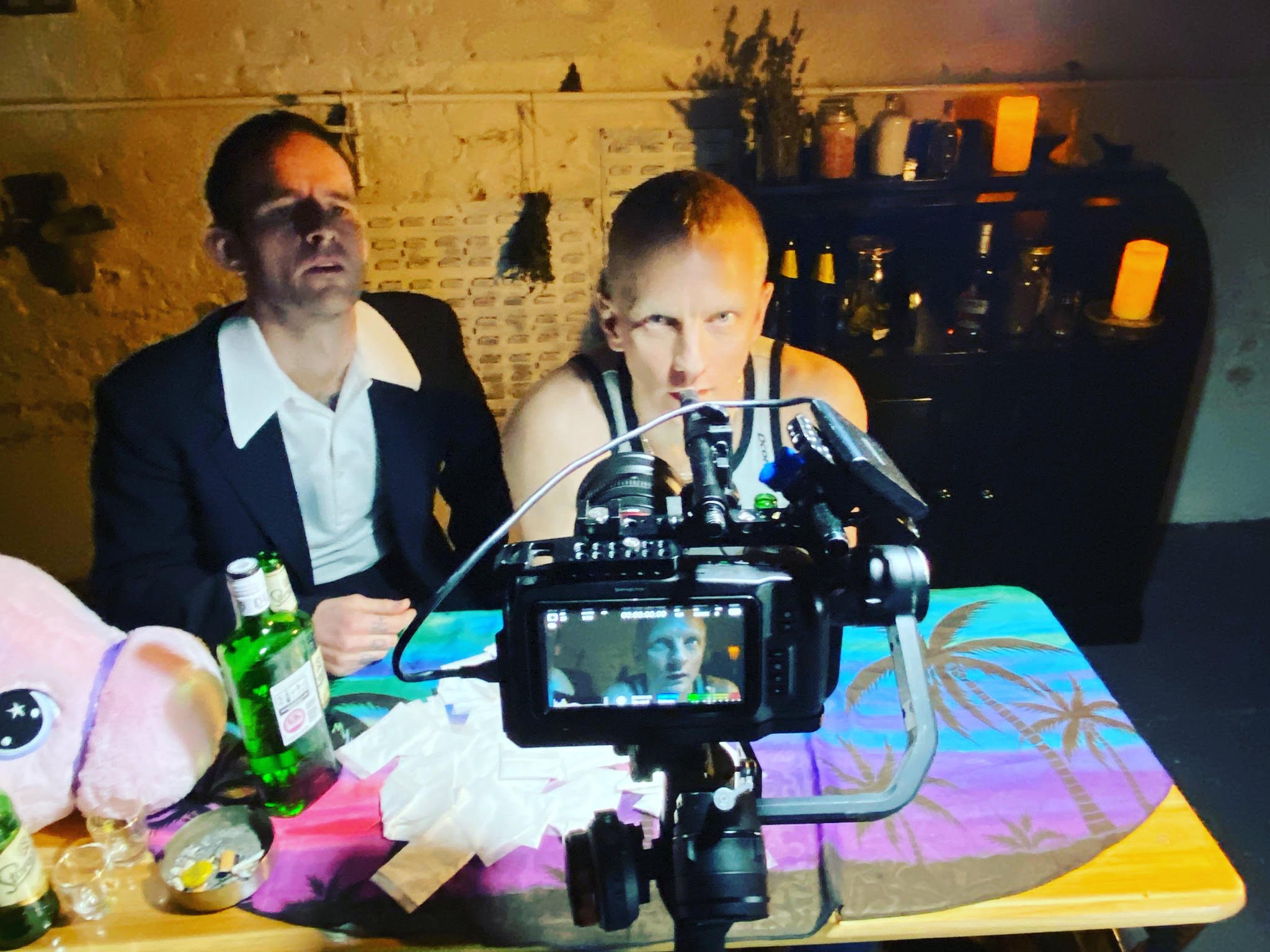
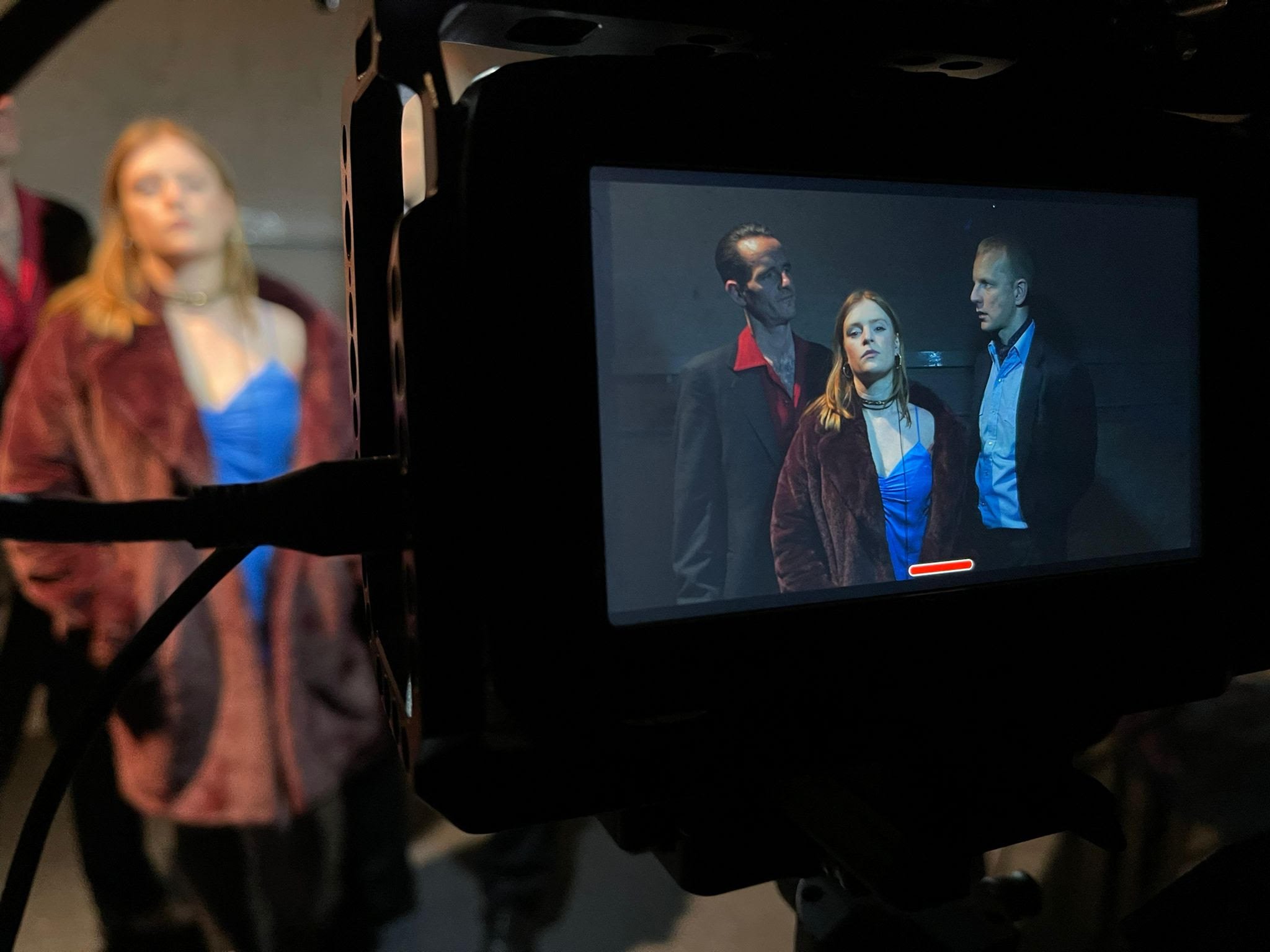
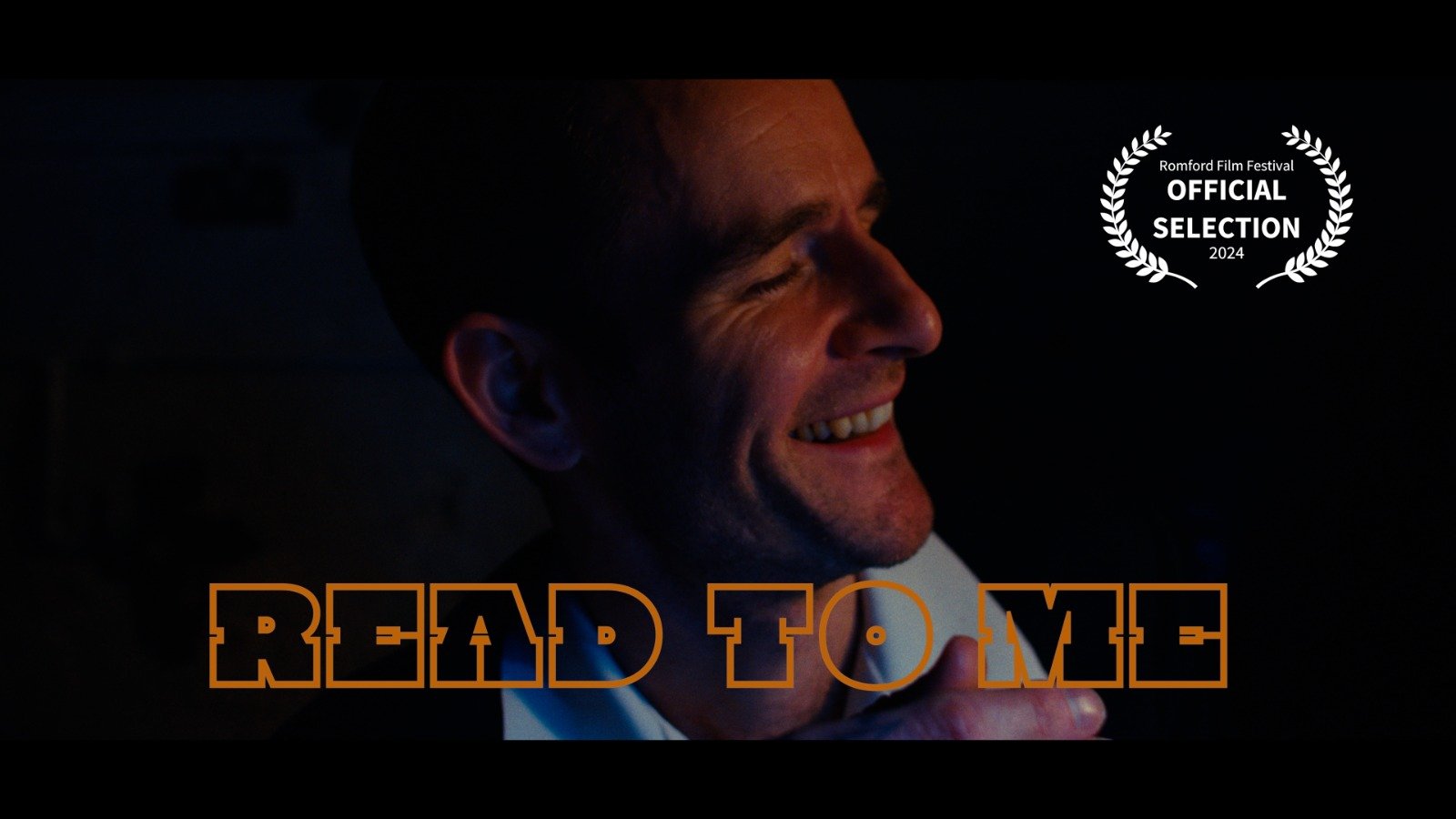
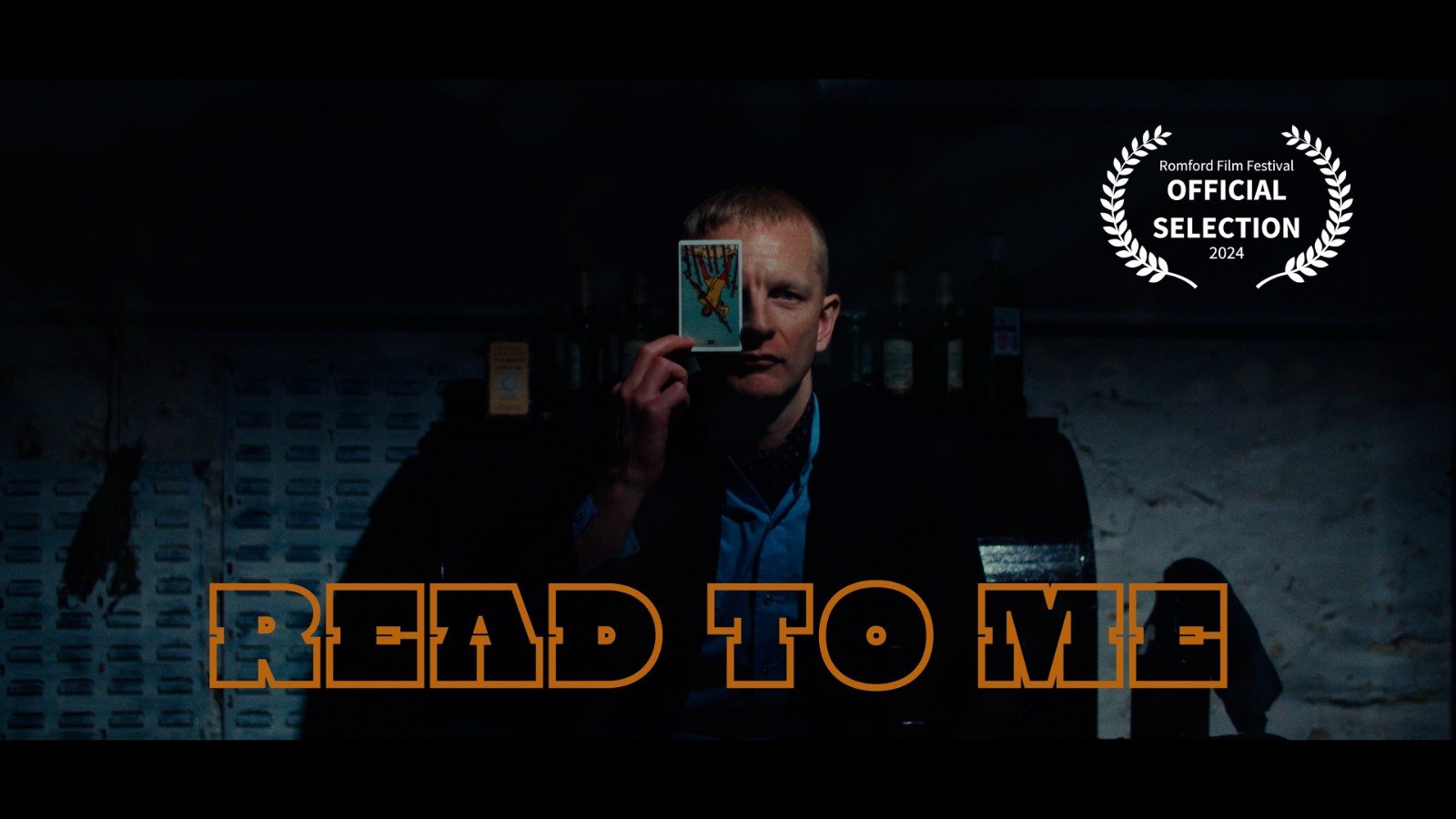
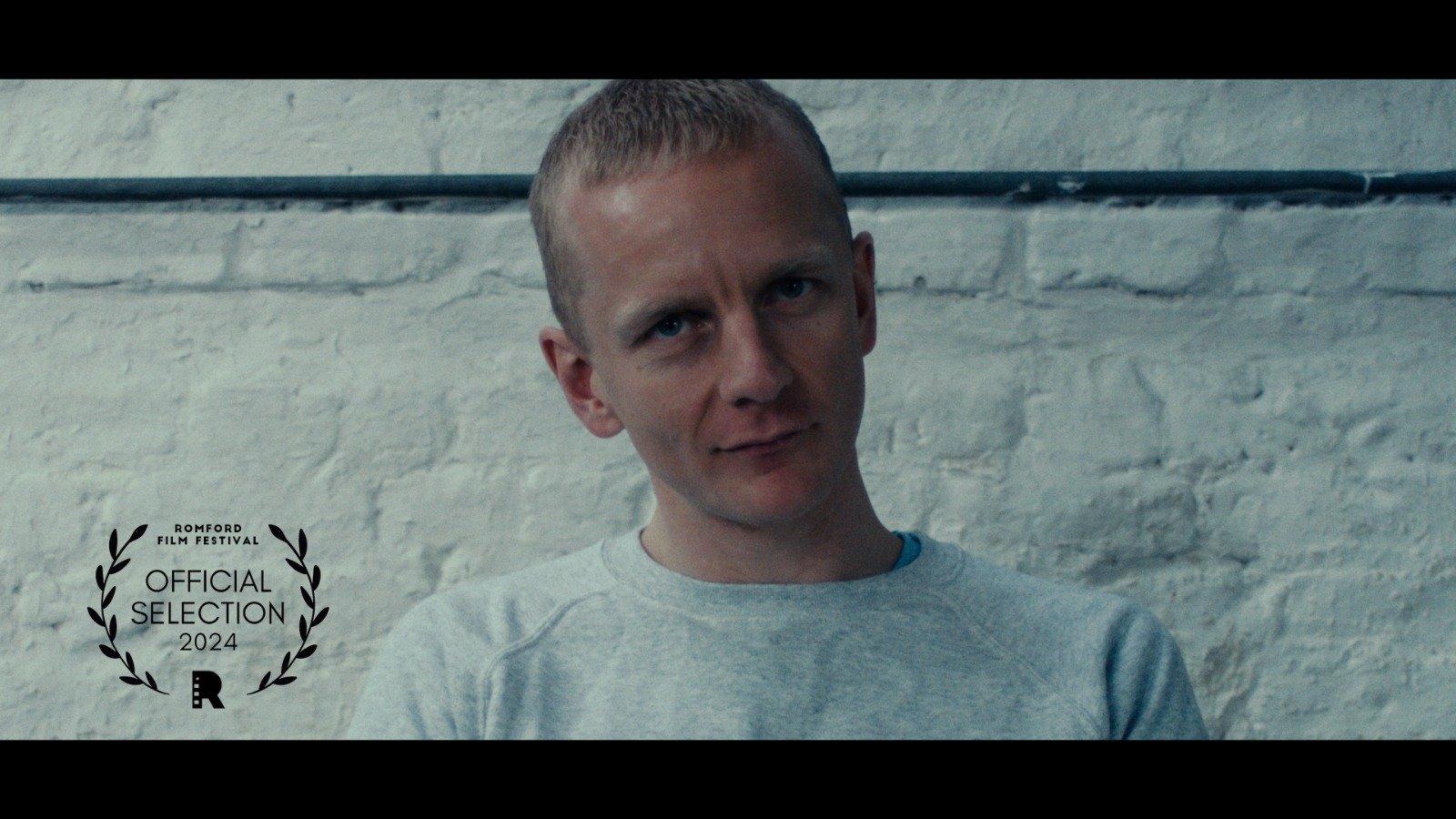
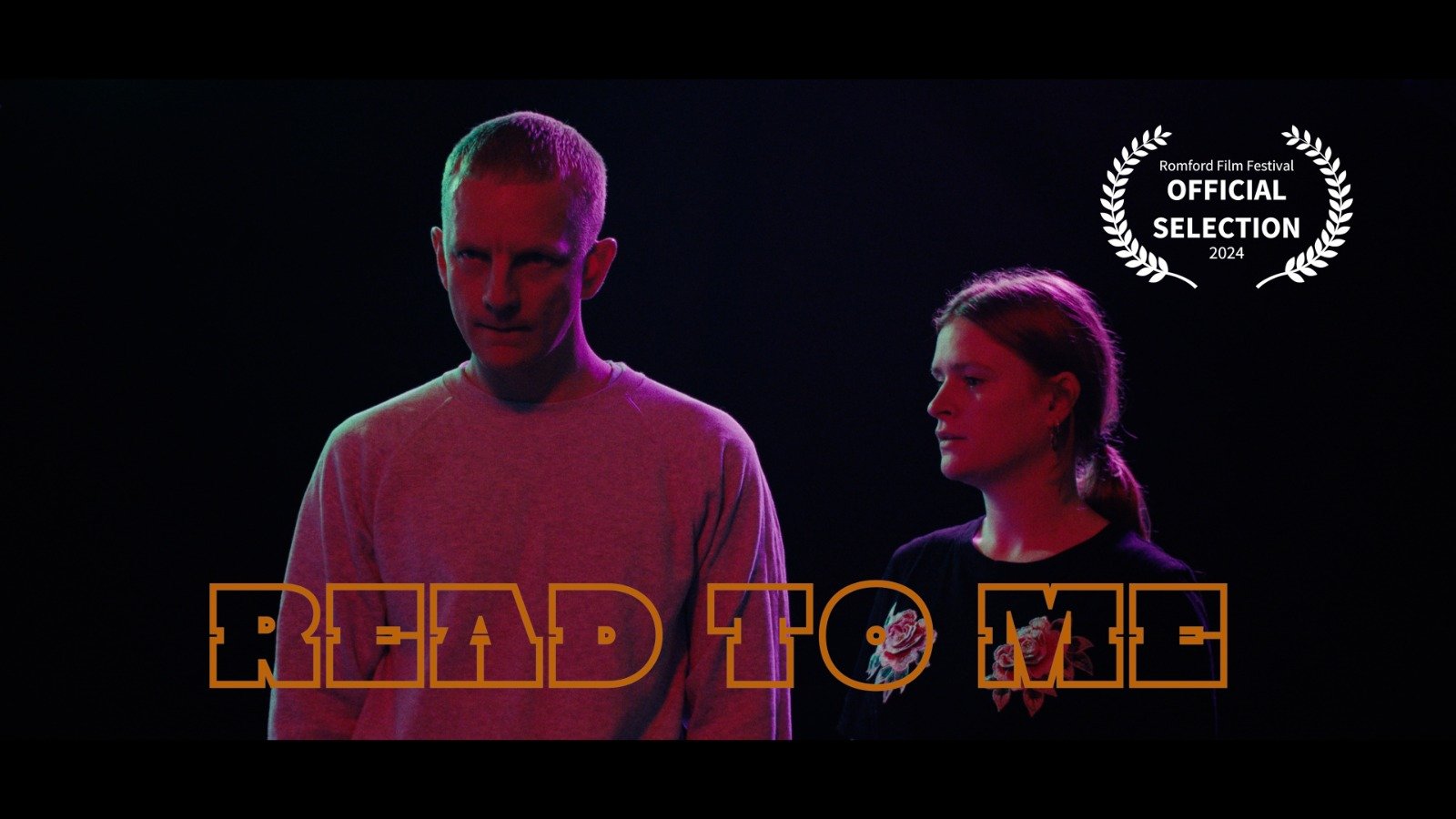
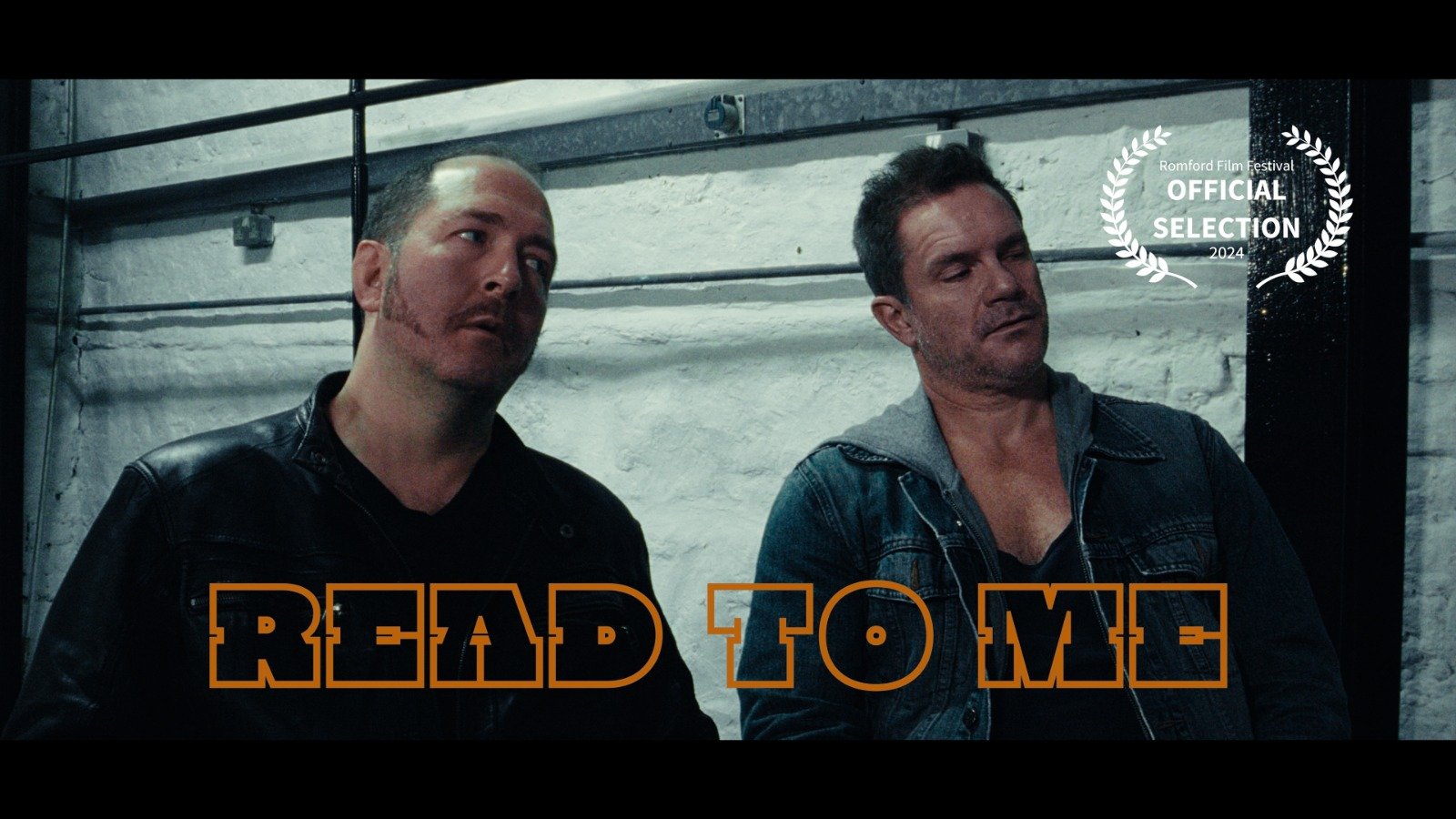
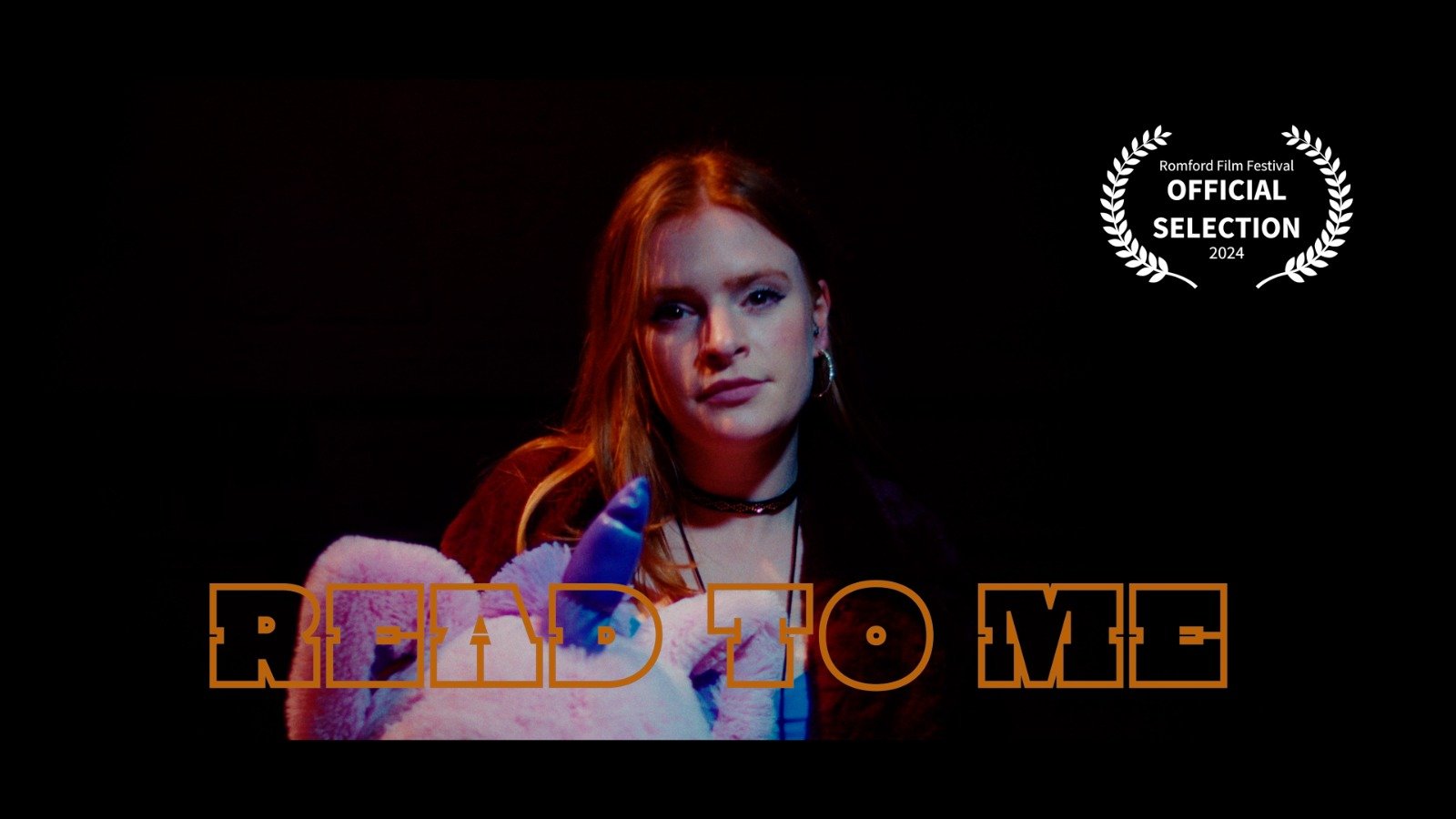
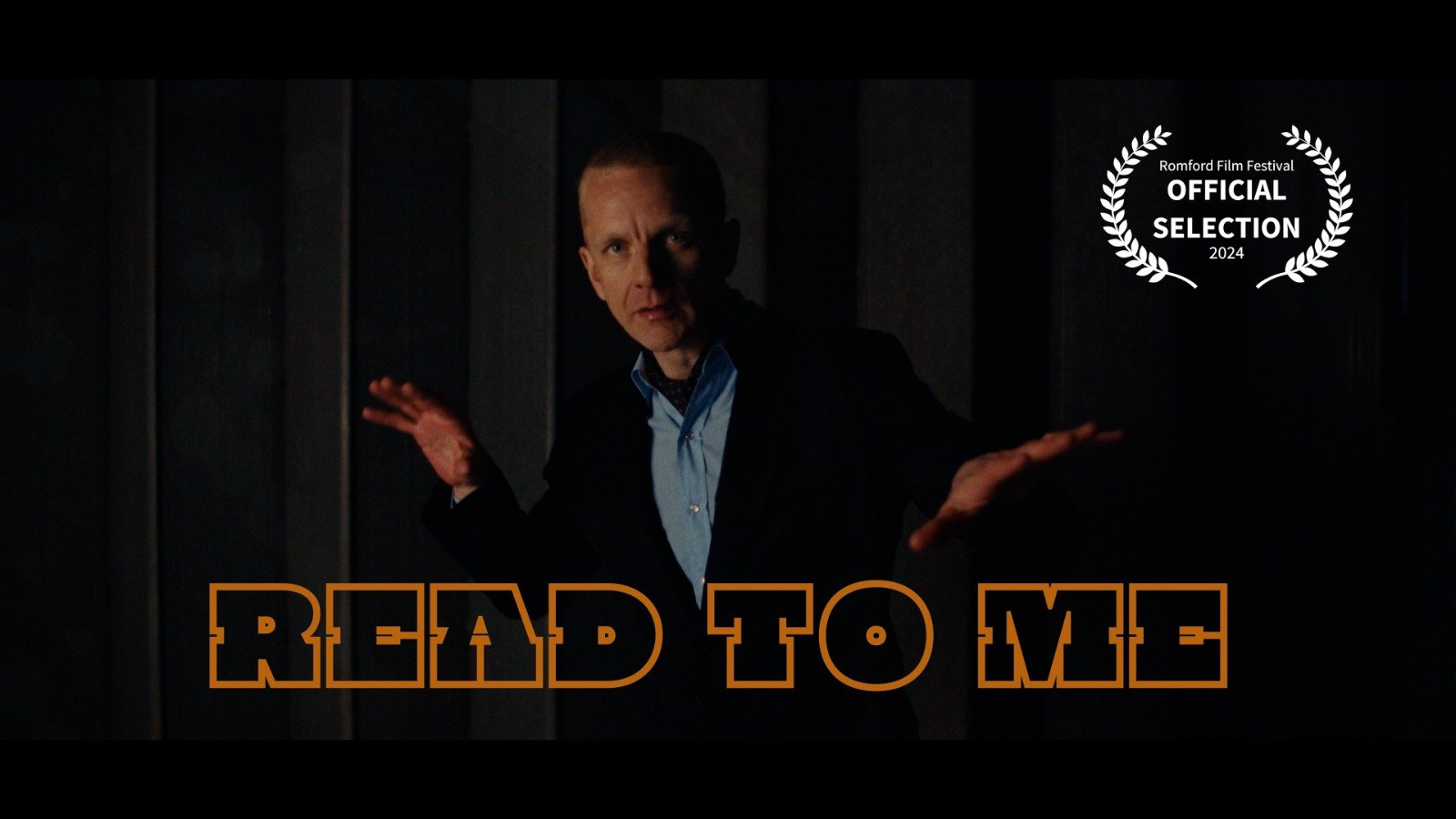
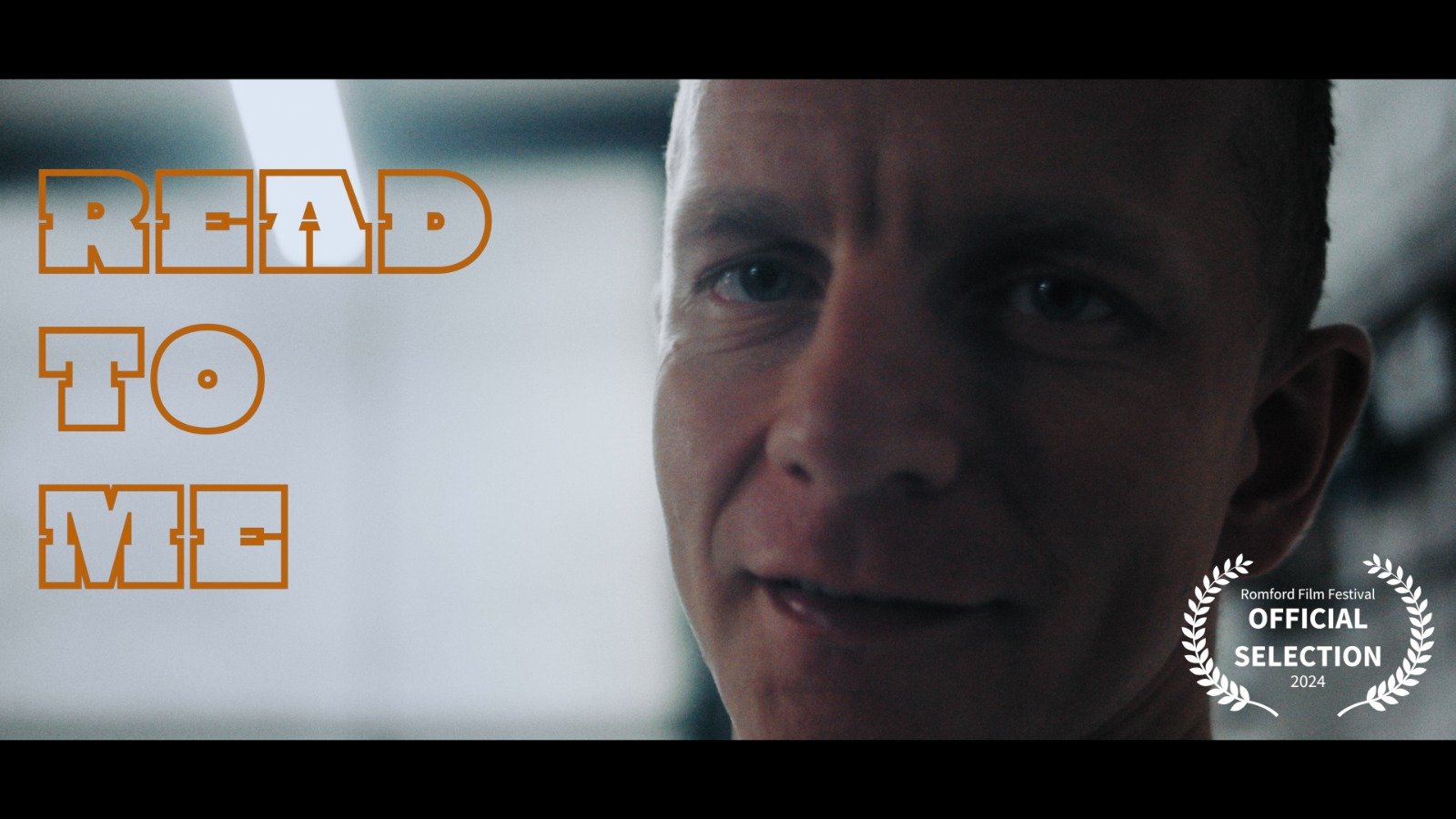
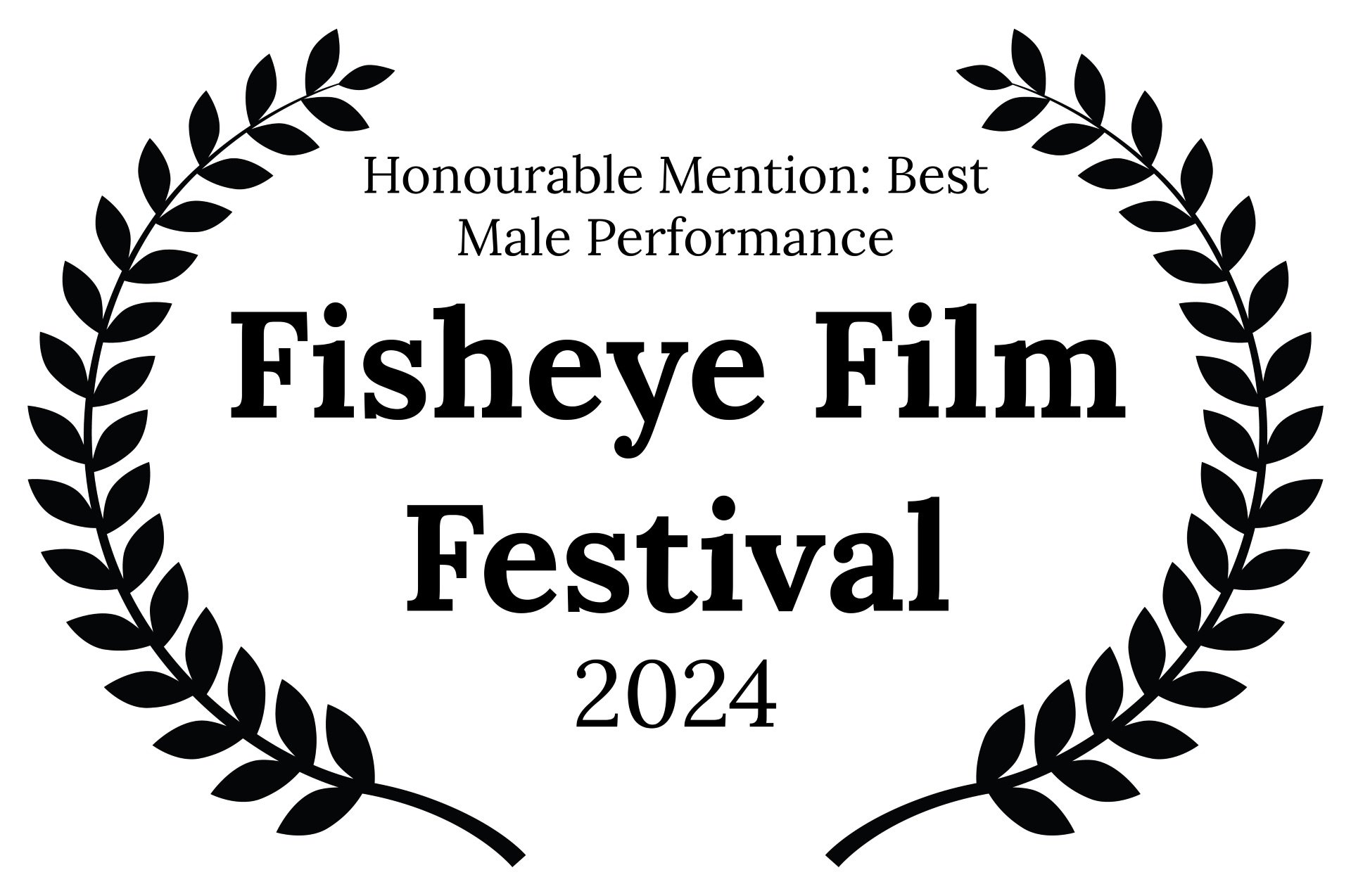
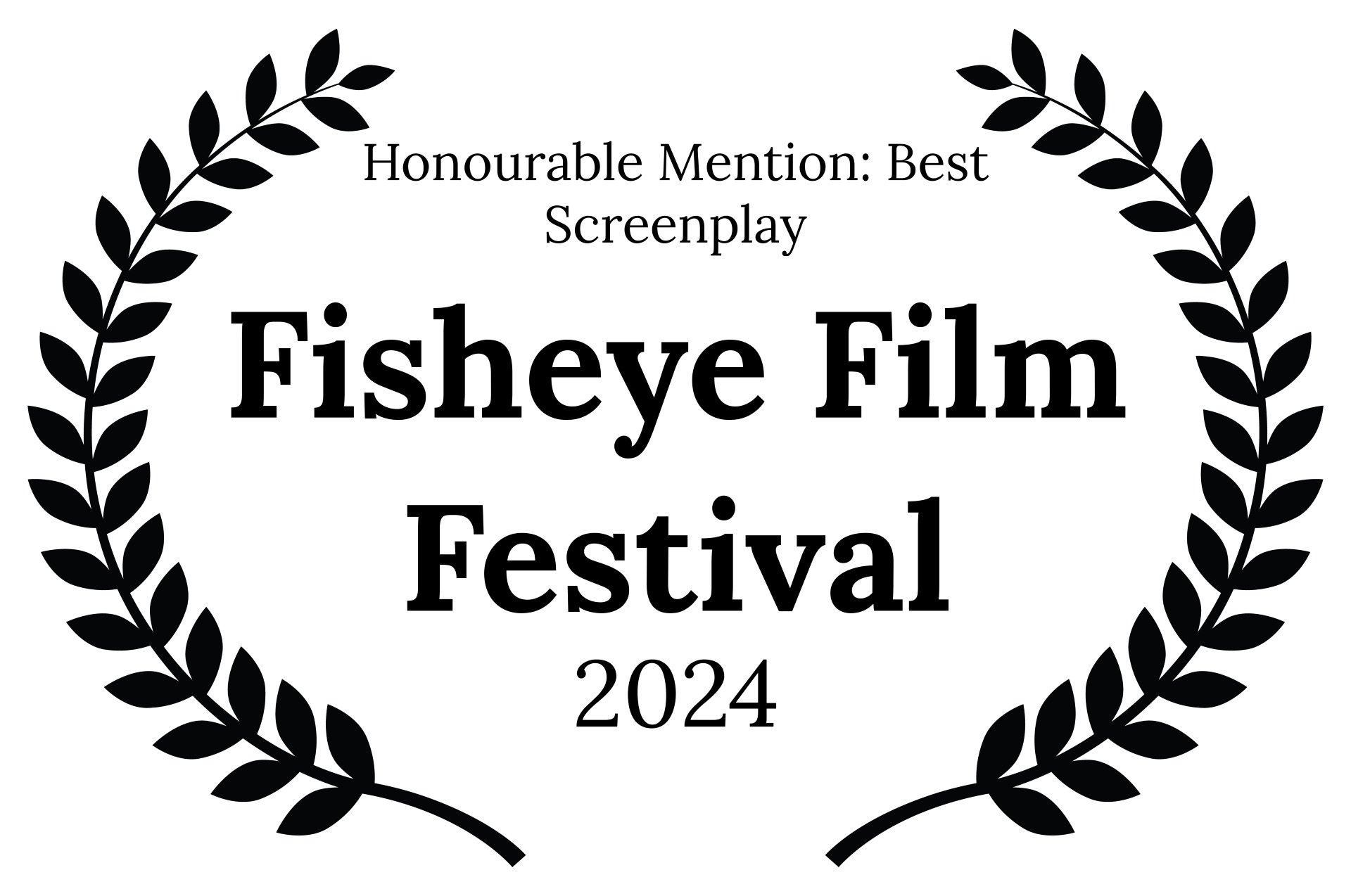
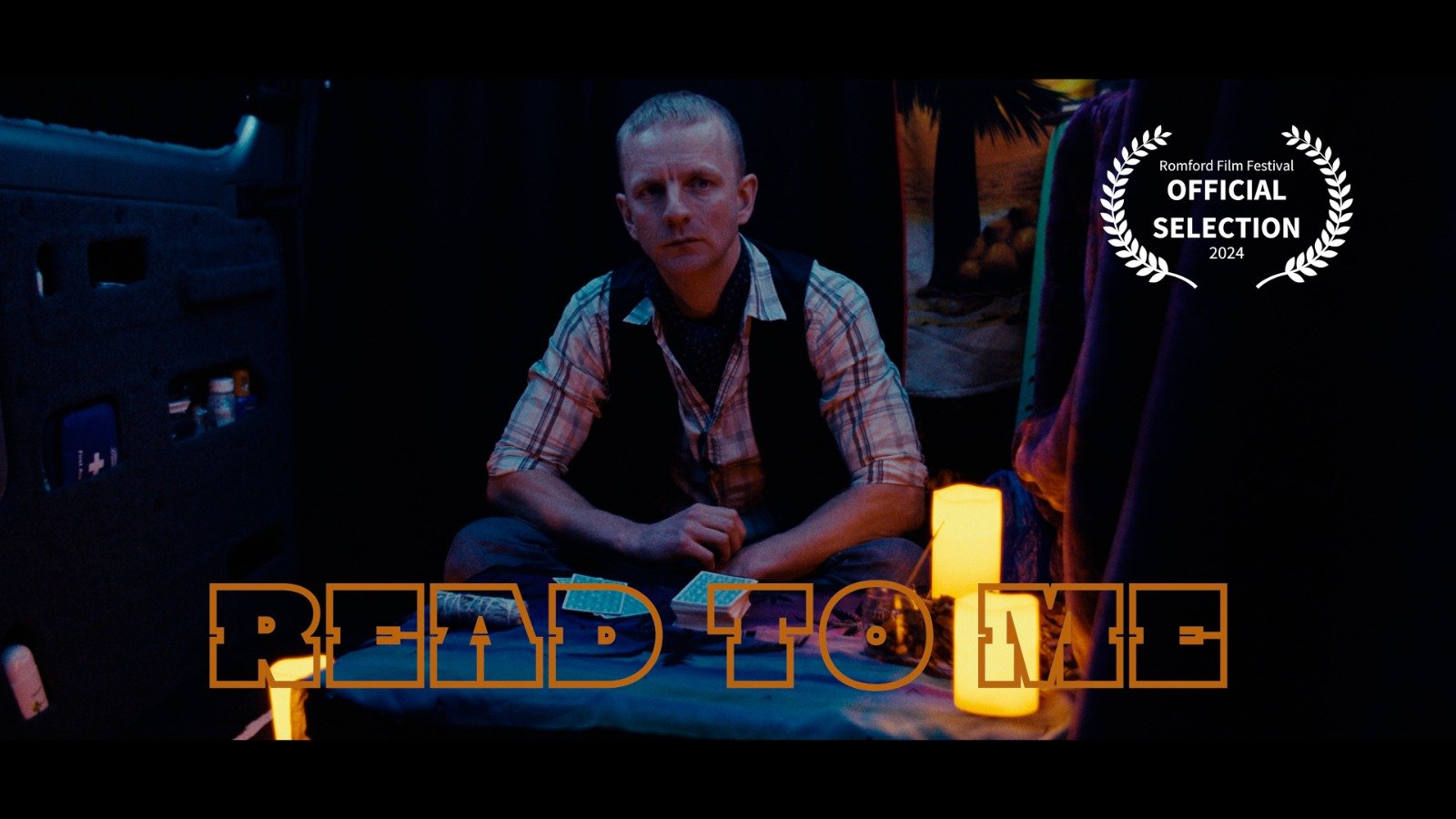
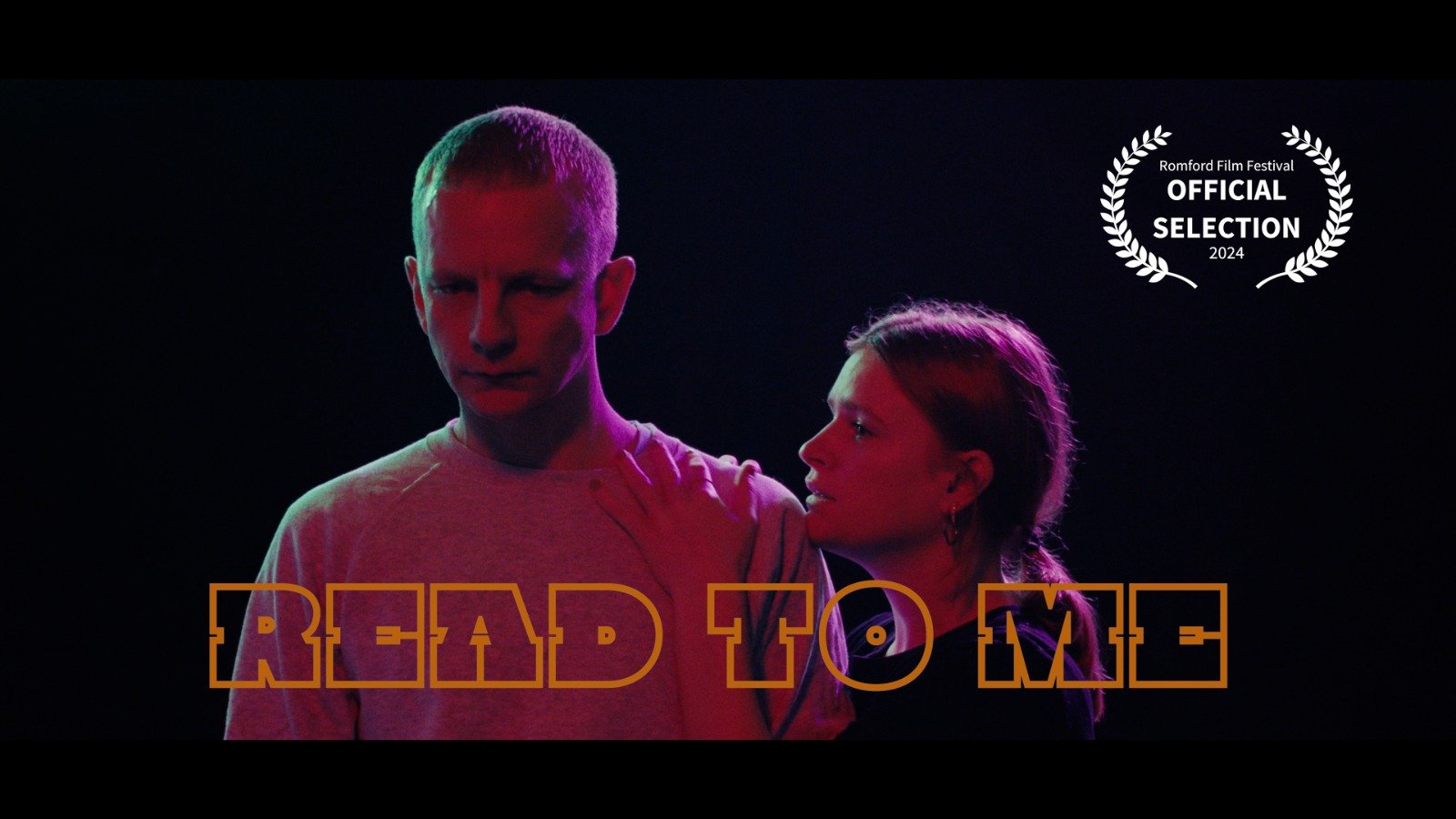
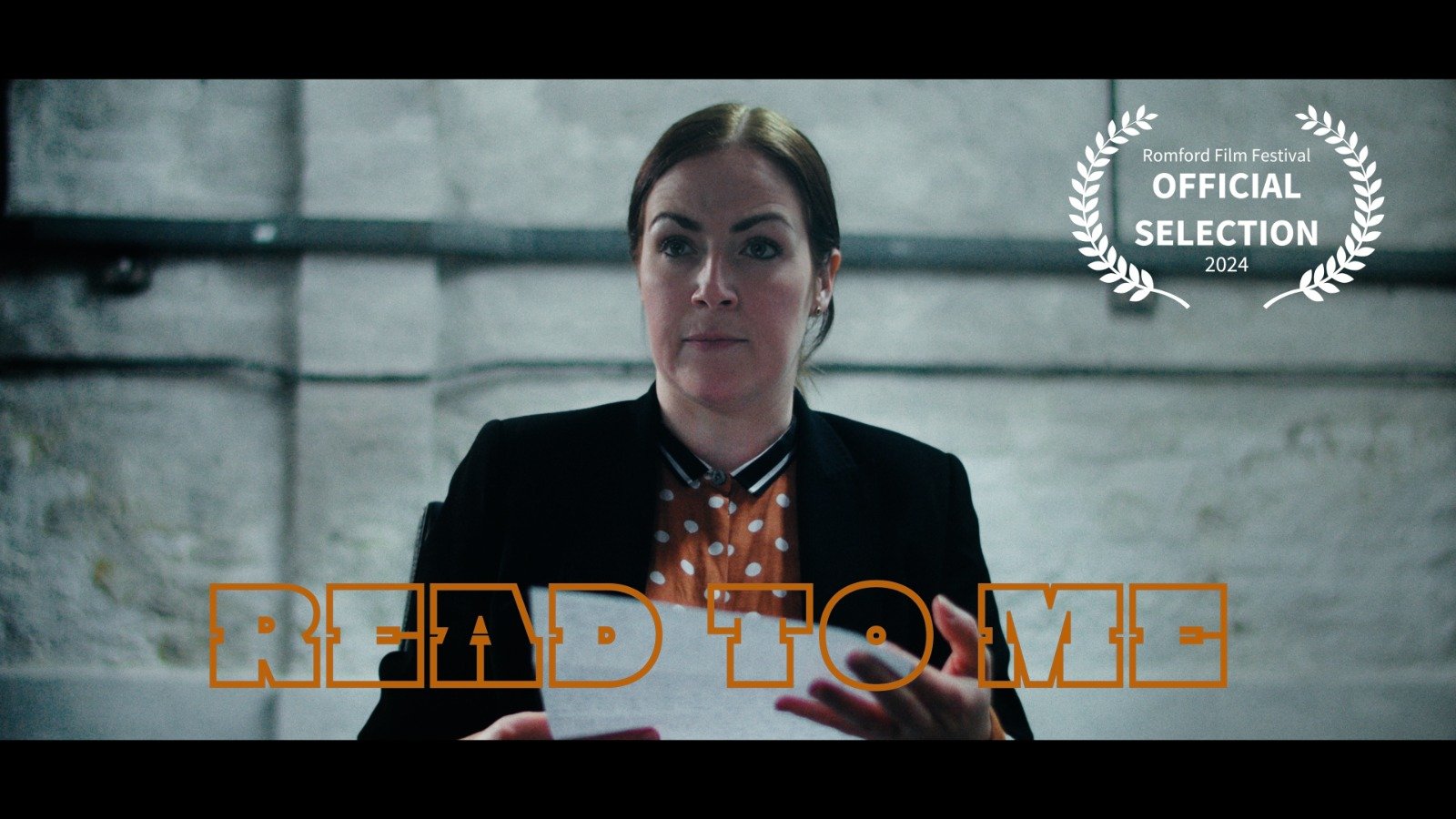
The camera can take you to places where the naked eye rarely goes. Like close. Very close. Close up. And then some. This is exemplified by Fraser Watson’s brilliant filming of The Separation, a 17-minute short written by Dan Horrigan and Haven Taranta. From the start, we get a close up of Sheila Anderson, a north London theatre worker who also manages media content for a charity, and she’s giving us a disturbing fragment of a traumatic moment. As she describes this invasive incident, we feel uneasy because the close up of her lips and jaw, so near that we can see the pores of her skin, is itself invasive — and we are voyeurs. Then she talks about her relationship with Carla, a hard-working writer who looks set to break into the big time. We breathe a sigh of relief, then slowly, oh so very slowly, this turns once more into anxiety. As her account of her everyday life deepens and deepens, our discomfort increases. Not only because the camera is often too close for comfort, but also because of the psychological precision of the writing, its ambiguity, its fierce intelligence and its psychological intensity. As this piece explores the boundaries between what is thought and what is spoken, it also shifts between the objective and the subjective in a powerfully compelling way. By the end, the subtle resonances with Sarah Kane’s 4.48 Psychosis, from thoughts pasted to the back of the skull to the coming light, increase its power. The hallucinatory vividness of the writing is enhanced by verbal images of fresh meat and visual images of cold, icy rooms. Above all, Nathalia Campbell-Smith’s excellent, courageous, performance as Sheila is coolly fascinating, drawing us ever so slowly into a world of immense mental agony. Accompanied by Dom Bouffard’s superb music, this is a fraught and frightening story that challenges us with its representation of trauma, while also delighting us with its skillful art. A dark masterpiece.
© Aleks Sierz





